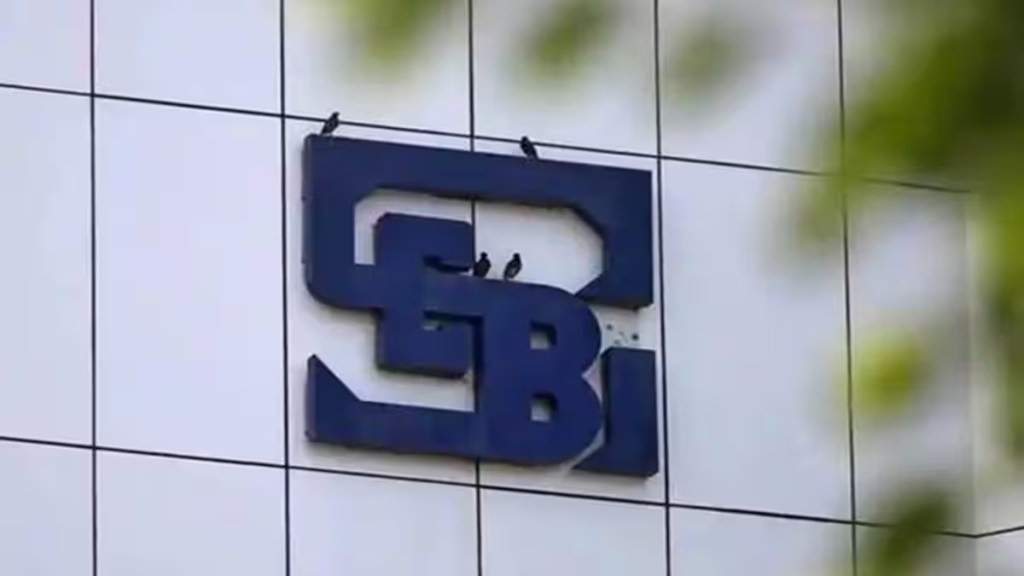– By Usha Ganapathy Subramanian and Dr Ranjith Krishnan
Going public is a dream for many businesses as it brings in huge capital at a low cost, enhances visibility and expands investor base. Albeit enabling cheaper sourcing of funds, since public money is involved, the process entails mandatory listing on stock exchanges and compliance with SEBI’s stringent listing norms. However, over time, the company’s promoters may contemplate delisting the company to consolidate their holdings and take the company private again, or the shares may experience low trading activity and lack of market depth much to the dismay of public shareholders. In some cases, the cost of compliance and the perceived burden of disclosures may be felt to outweigh the benefits of listing. The company may also be planning closure and may want to delist. When it comes to delisting, investors’ interests need to be especially safeguarded, because the company’s shares will no longer be traded on the bourses, and investors will be left fending for themselves while finding a buyer to sell their shares or while trying to get their grievances redressed.
To this end, SEBI has in place separate requirements for the delisting process under the SEBI (Delisting of Equity Shares) Regulations, 2021, (the Delisting Regulations). The Delisting Regulations require the promoters or the members of the promoter group (‘acquirer’) to give an exit opportunity to the public shareholders when a company decides to voluntarily delist from all recognized stock exchanges having nation-wide trading terminals. The exit option should be given at the ‘discovered price’ arrived at through the stock exchange mechanism of reverse book-building (RBB). The floor price is fixed as per SEBI’s takeover regulations with the option to the acquirer to indicate a higher ‘indicative price’. Delisting is allowed if the post-offer shareholding (POS) of the acquirer together with the shares tendered by the public reaches 90% of the total issued shares, and the discovered price is the one that achieves this criterion. The acquirer is allowed to make a counter offer if the discovered price is not acceptable to him. This leads to some uncertainty because if the 90% threshold is not reached, it leads to a failure of the offer as a counter offer cannot be made, whereas the majority of the public shareholders could favour delisting.
Now SEBI is looking at tweaking the present process in its recent Consultation Paper comprising the recommendations of the sub-group of the Primary Markets Advisory Committee, chaired by Shri Keki Mistry. Counter offer is proposed to be allowed if the bids received are higher than the number that could take the acquirer’s POS to at least 75% and the number that comprises 50% of the public shareholding. The counter offer price will also take into account the volume-weighted average price under the RBB instead of on the book value basis, to better reflect shareholders’ expectations. For determining the floor price, the adjusted book value based on an independent valuation is proposed as an additional parameter considering the company will not remain listed if the process is successful. This will add an element of fairness, as in some delisting proposals, the floor price as per the present formula ended up less than the current market price and the promoters may be tempted to use this disparity in their zeal to take the company private. One of the important proposals is to permit fixed price delisting akin to a fixed price public issue for companies with frequently-traded shares to provide the public and the acquirer much-needed certainty while avoiding the exposure to volatile market sentiments. The reference date for the determination of floor price is also proposed to be moved to the date when the first public disclosure is made. Comments on the proposals can be sent in by September 4.
(Usha Ganapathy Subramanian is the practicing company secretary in Chennai; and Dr Ranjith Krishnan is a sustainability consultant in Thane.)
(Disclaimer: Views expressed are personal and do not reflect the official position or policy of Financial Express Online. Reproducing this content without permission is prohibited.)
